Balimiki International College-Workshop for pre-primary and primary teachers
Balimiki International College-Workshop for pre-primary and primary teachers
A two-day workshop aimed at empowering pre-primary and primary educators with practical tools and strategies to build effective classroom communities and enhance classroom management concluded today at Balmiki International School. The workshop, held over the course of two dynamic and insightful days, focused on equipping teachers with both theoretical knowledge and hands-on practices related to nurturing young learners, fostering positive student-teacher relationships, and creating collaborative learning environments. With the growing demand for inclusive, engaging, and well-managed classrooms in early education, the sessions provided valuable professional development to the participating educators.
The key themes of the workshop revolved around two crucial aspects of teaching: Creating a Good Classroom Community and Effective Classroom Management. These areas form the foundation of early years education and play a pivotal role in shaping the overall learning experience for young children. The workshop explored the psychological, emotional, and social dimensions of a child’s developmental journey and highlighted how a well-organized and emotionally safe classroom can significantly enhance learning outcomes.
Creating a good classroom community was discussed not just as a concept but as a practice that teachers can build intentionally and consistently. Participants explored how a positive classroom culture, built on mutual respect, empathy, and open communication, contributes to student well-being and engagement. A sense of belonging, where every child feels valued and accepted, is essential for children in their formative years. The importance of recognizing each child's individuality and learning style was underscored, encouraging teachers to adapt their approaches to meet diverse needs.
A significant takeaway from this topic was the emphasis on instilling soft skills in young learners. Teachers were encouraged to focus not only on academic skills but also on emotional intelligence, kindness, teamwork, and resilience. Activities that foster peer cooperation, self-expression, and conflict resolution were introduced as part of a holistic classroom culture. Such soft skills are instrumental in preparing children to thrive in both academic and social settings.
Another vital aspect discussed during the sessions was the teacher-student rapport. Establishing trust and open communication with students was presented as the foundation of effective teaching. A strong teacher-student relationship helps children feel secure, heard, and understood. Through interactive discussions and role-playing scenarios, educators practiced methods of positive reinforcement, active listening, and using student-centered language to build stronger connections with their pupils.
Collaborative learning, another focus area, was addressed as a means to promote interaction, teamwork, and collective problem-solving among young learners. Teachers explored various cooperative activities that encourage students to learn from one another and work in teams. These exercises not only boost academic understanding but also enhance social skills and empathy among children.
In the domain of classroom management, the sessions provided practical strategies for dealing with the unique challenges of early childhood classrooms. Managing behavior with sensitivity and consistency was a recurring theme. Rather than punitive measures, the sessions emphasized proactive classroom management techniques such as establishing clear expectations, structured routines, and using visual cues. Managing transitions, maintaining attention, and setting a predictable rhythm to the school day were also covered in depth.
Teachers were also trained to recognize and address the behavioral and emotional needs of young learners. Strategies to deal with tantrums, attention difficulties, and classroom disruptions were shared in a manner that promotes understanding over discipline. Participants were encouraged to approach challenges with empathy and to foster a classroom climate that encourages children to express themselves constructively.
A key highlight of the workshop was the segment on being digitally smart. In today’s evolving educational landscape, digital literacy among educators is more important than ever. The sessions included insights into how teachers can integrate age-appropriate technology into their classrooms to support learning. From using multimedia tools to enhance lessons to managing digital learning platforms for parents’ communication, the teachers were introduced to practical tech solutions that simplify and enrich their daily teaching practices.
The workshop also touched on current pedagogical trends, helping educators stay abreast of developments in early childhood education. Topics like inquiry-based learning, differentiated instruction, mindfulness in the classroom, and inclusive education practices were discussed. These approaches reflect a shift toward more personalized, thoughtful, and research-backed methods in teaching young children.
The success of the workshop was made possible by the expertise and dedication of Ms. Priyanka Chaguthi, Coordinator at Euro Kids International Preschool. Her engaging delivery, real-world examples, and interactive approach kept the sessions lively and impactful. Ms. Chaguthi brought a wealth of knowledge and experience to the workshop, helping teachers reflect on their current practices while inspiring them to explore innovative methods.
We at Balmiki International School express our sincere gratitude to Ms. Chaguthi for her valuable contribution. Her commitment to improving early childhood education was evident in every session, and we believe the impact of her training will be long-lasting for our teaching community.
As we conclude this enriching two-day workshop, we remain committed to continuous professional development and to fostering a nurturing, innovative, and child-centered learning environment. Initiatives like these ensure that our teachers are well-equipped to meet the dynamic needs of today’s classrooms and guide our children with care, skill, and purpose.
For MOre: https://www.facebook.com/story.php?story_fbid=809677474545098&id=100065085576996&mibextid=wwXIfr&rdid=uGnq4n6wk8j2jlbF#
#BalmikiInternationalSchool #internationalprimarycurriculum #fieldworkeducation #UnderstandingOurChildren #professionaldevelopment #teacherworkshop #learningcurve
Inquire Now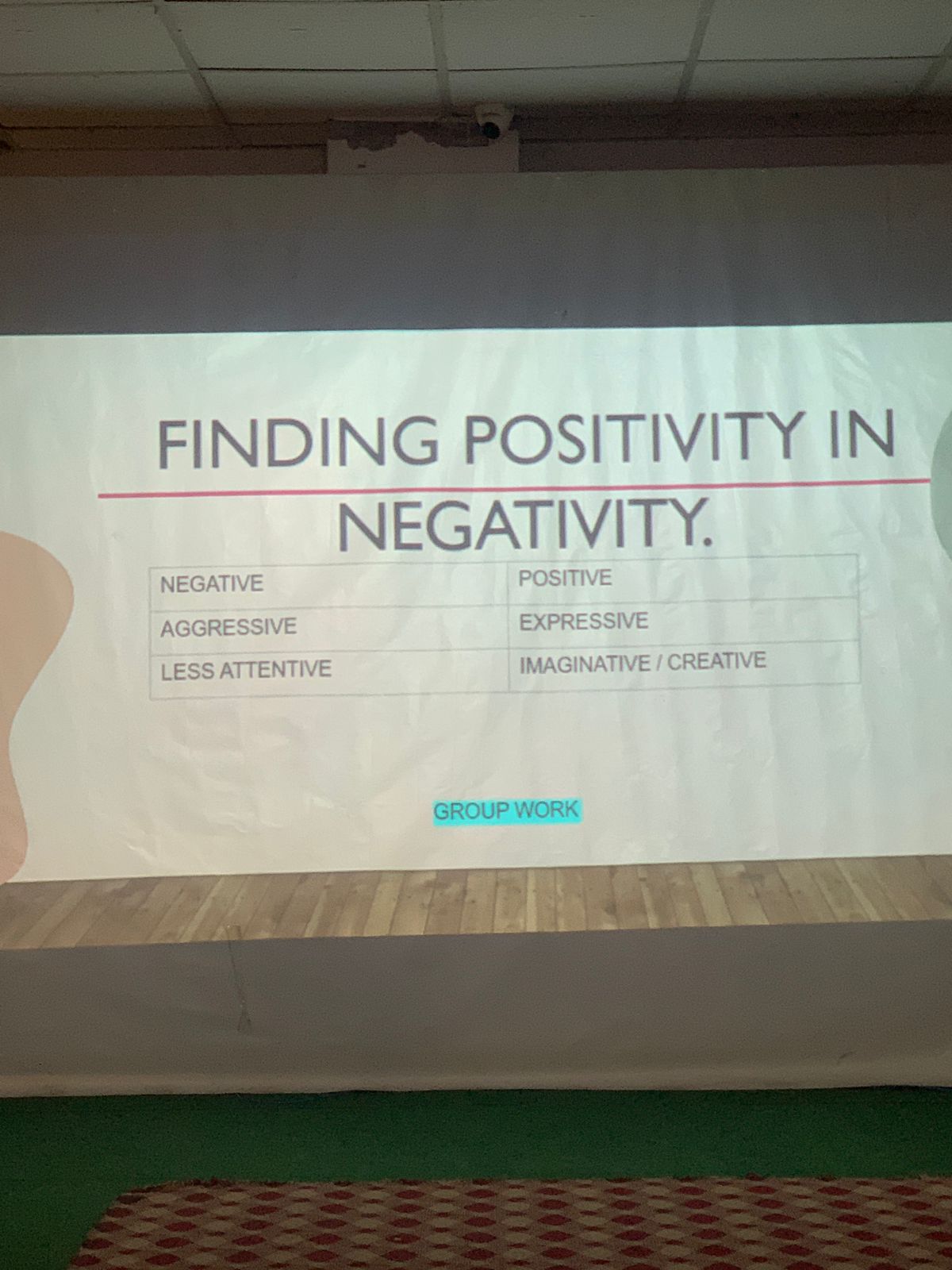
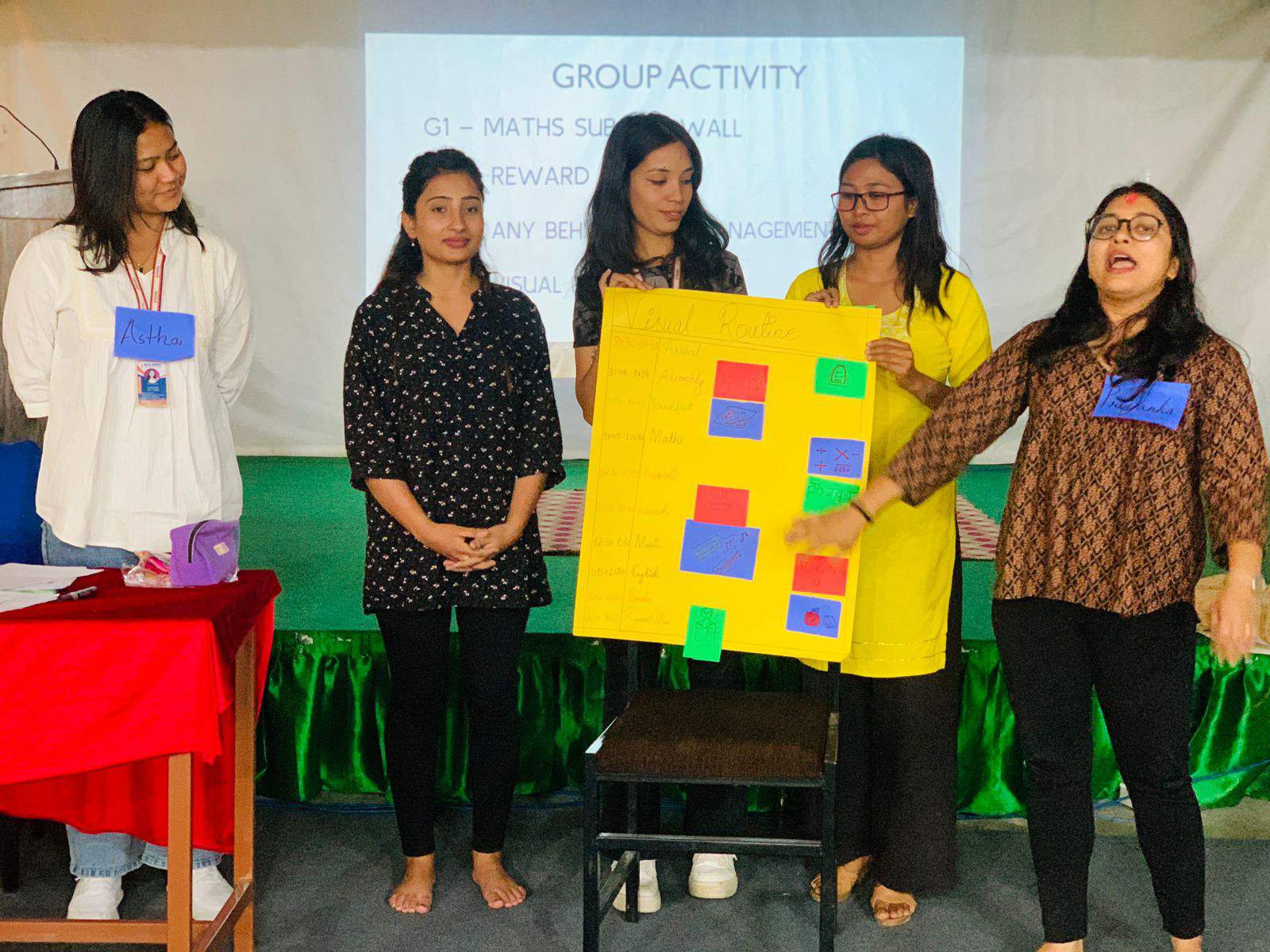
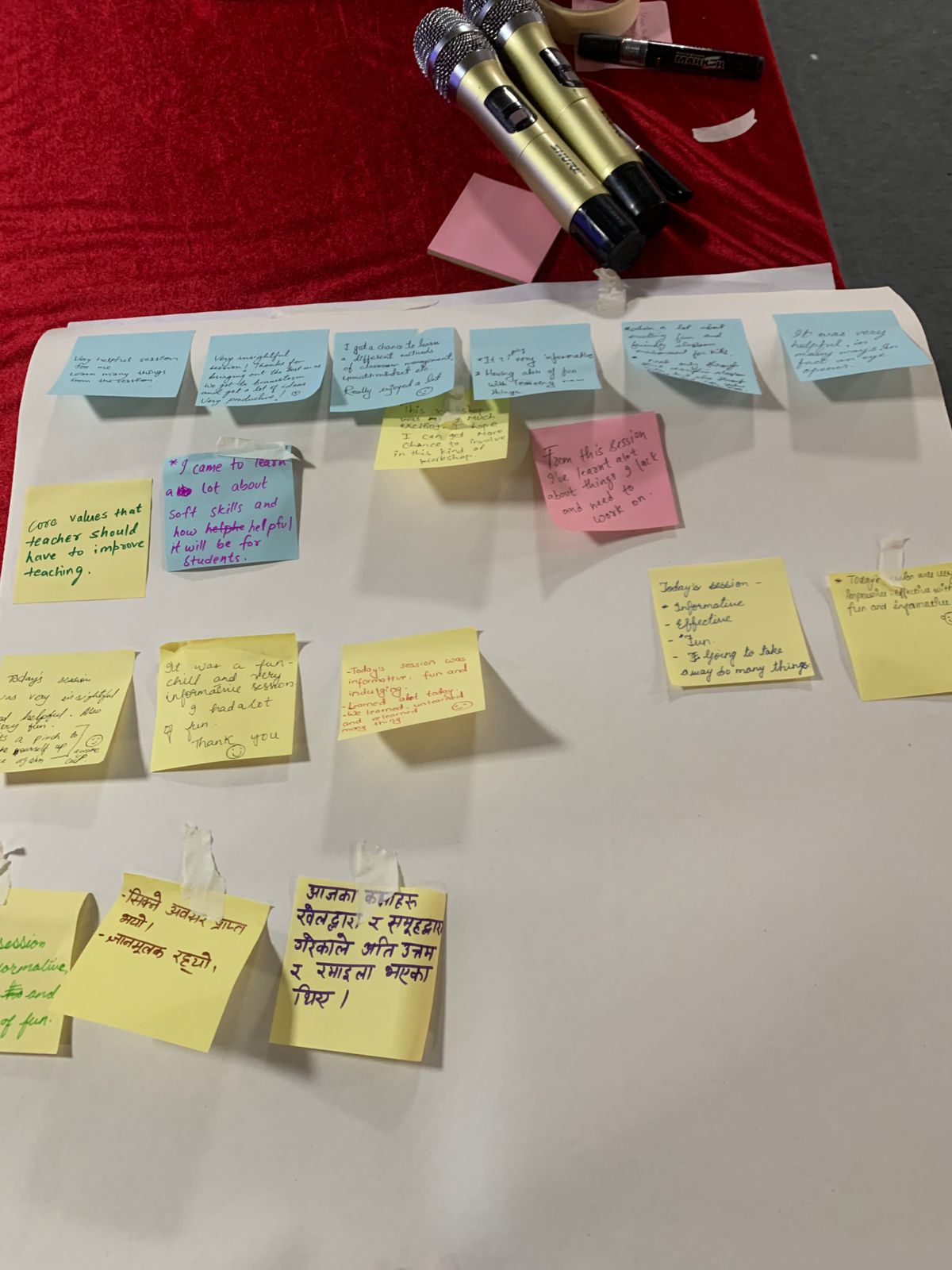

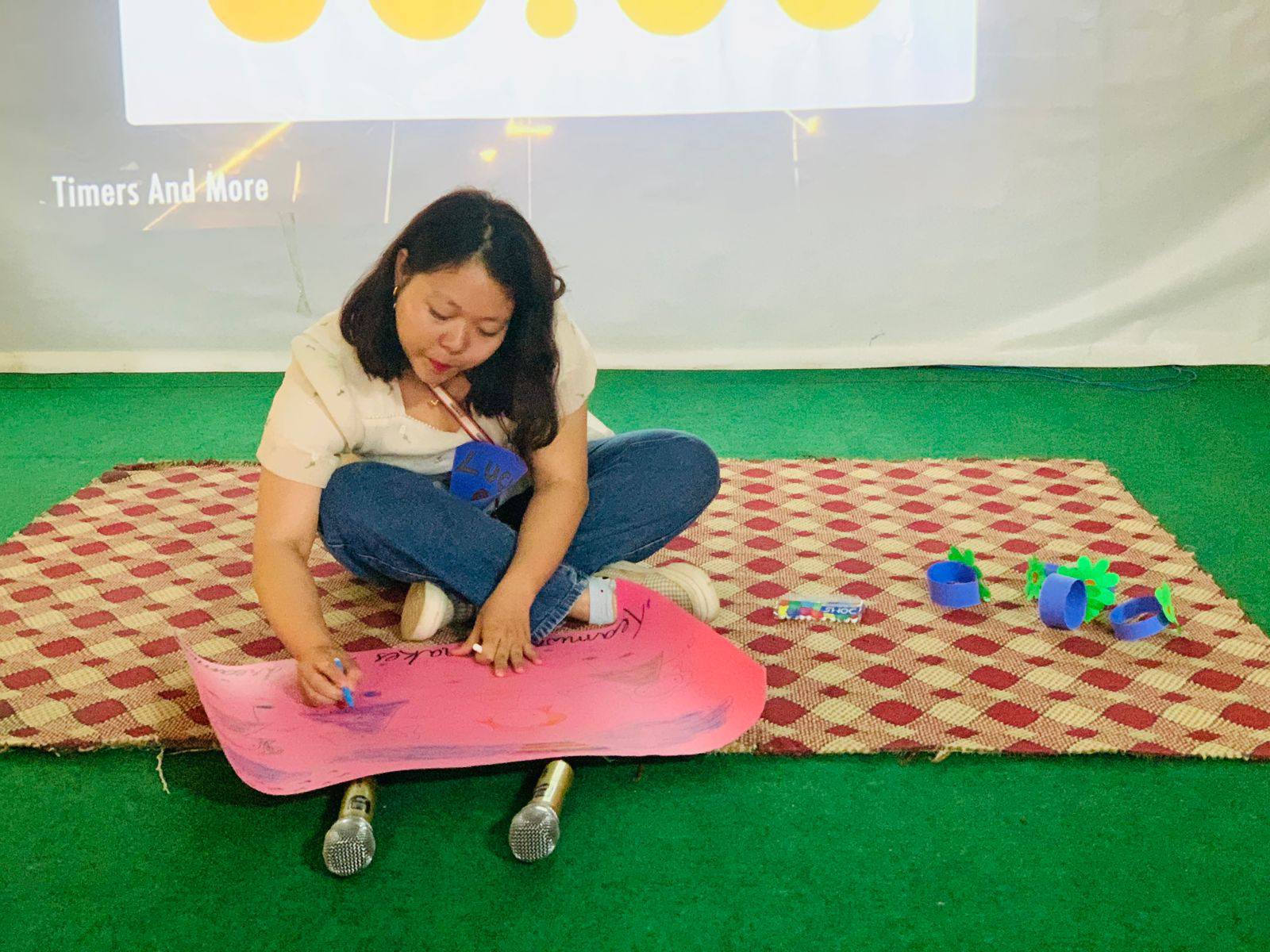
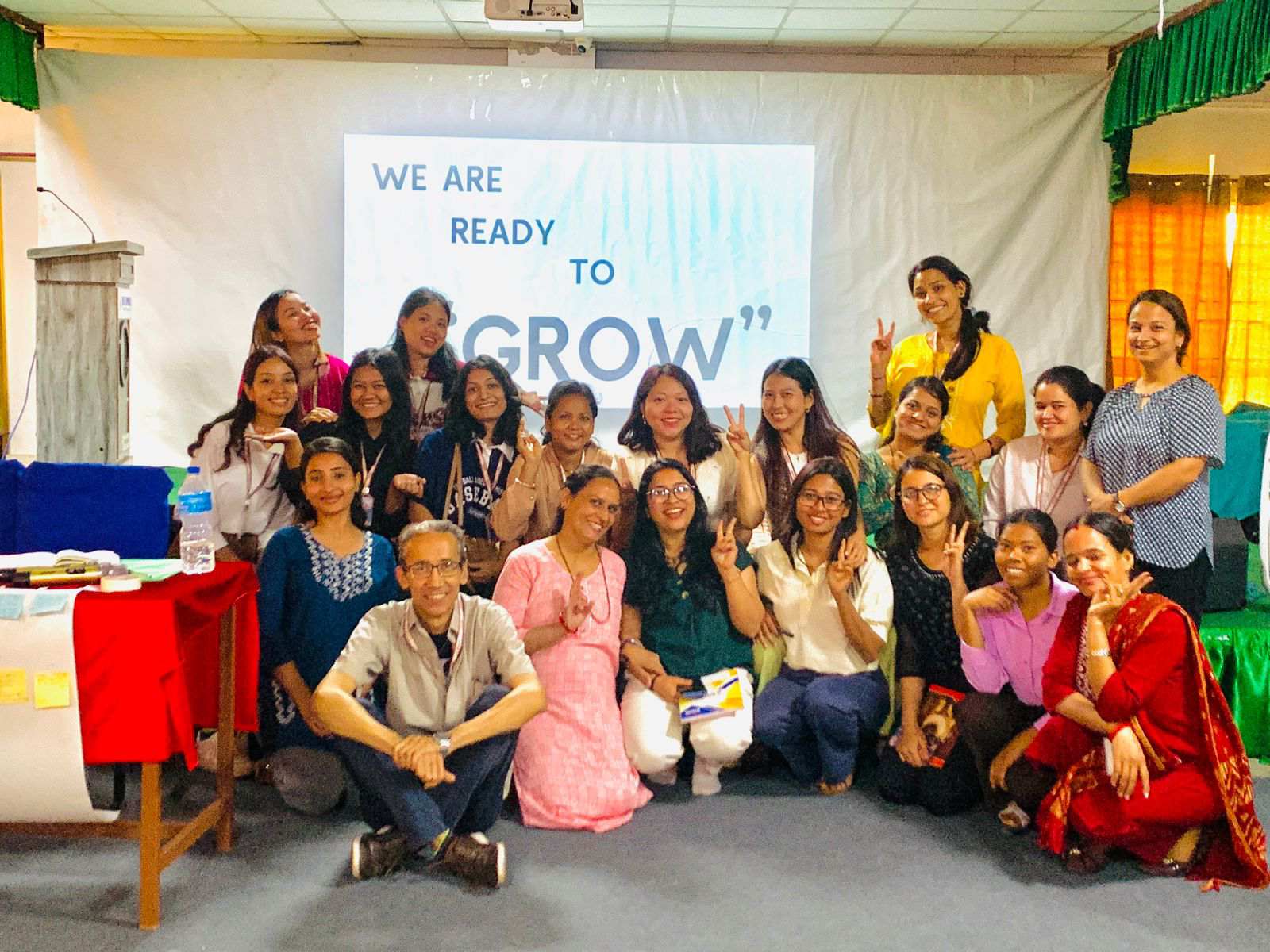

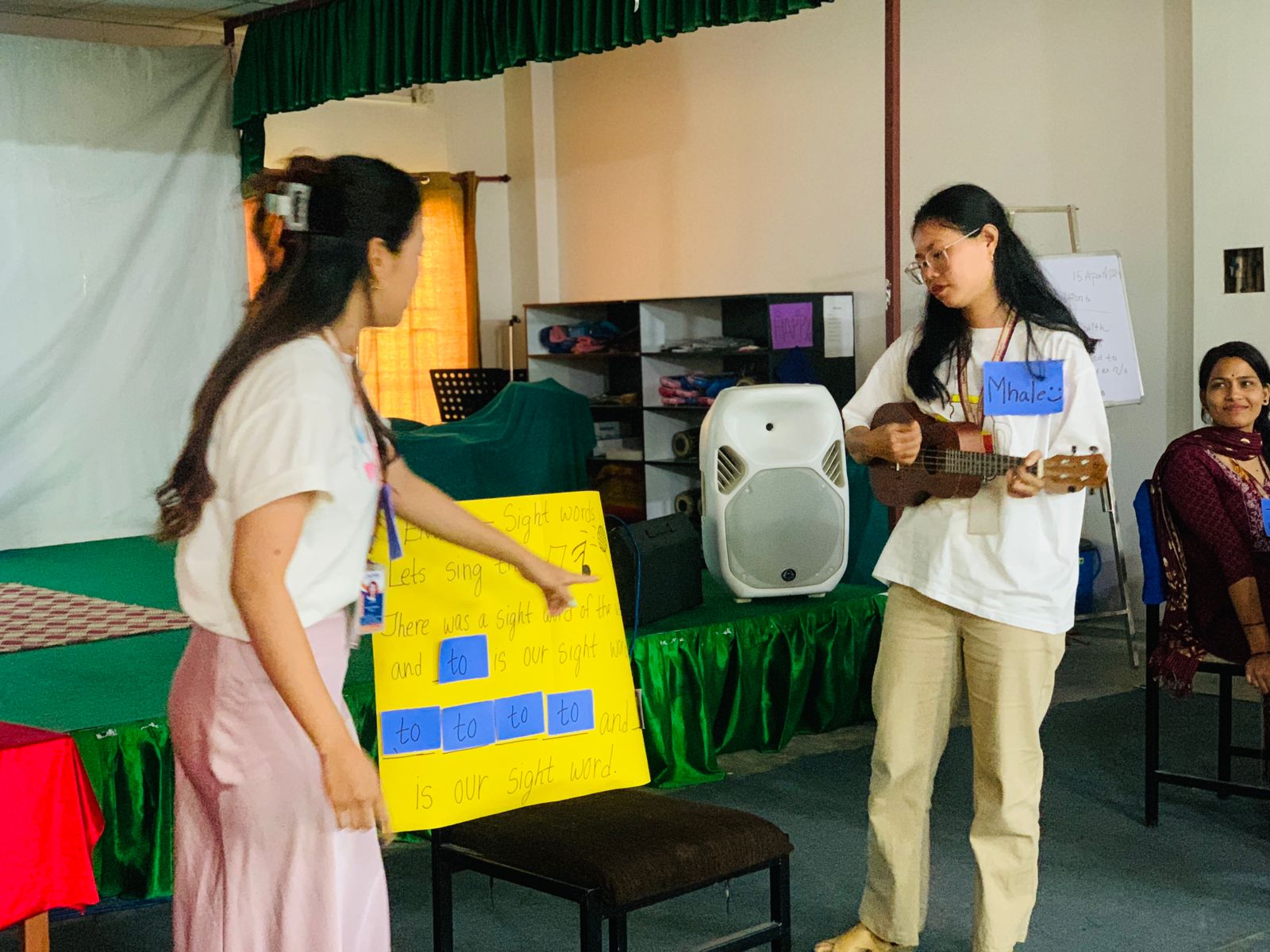
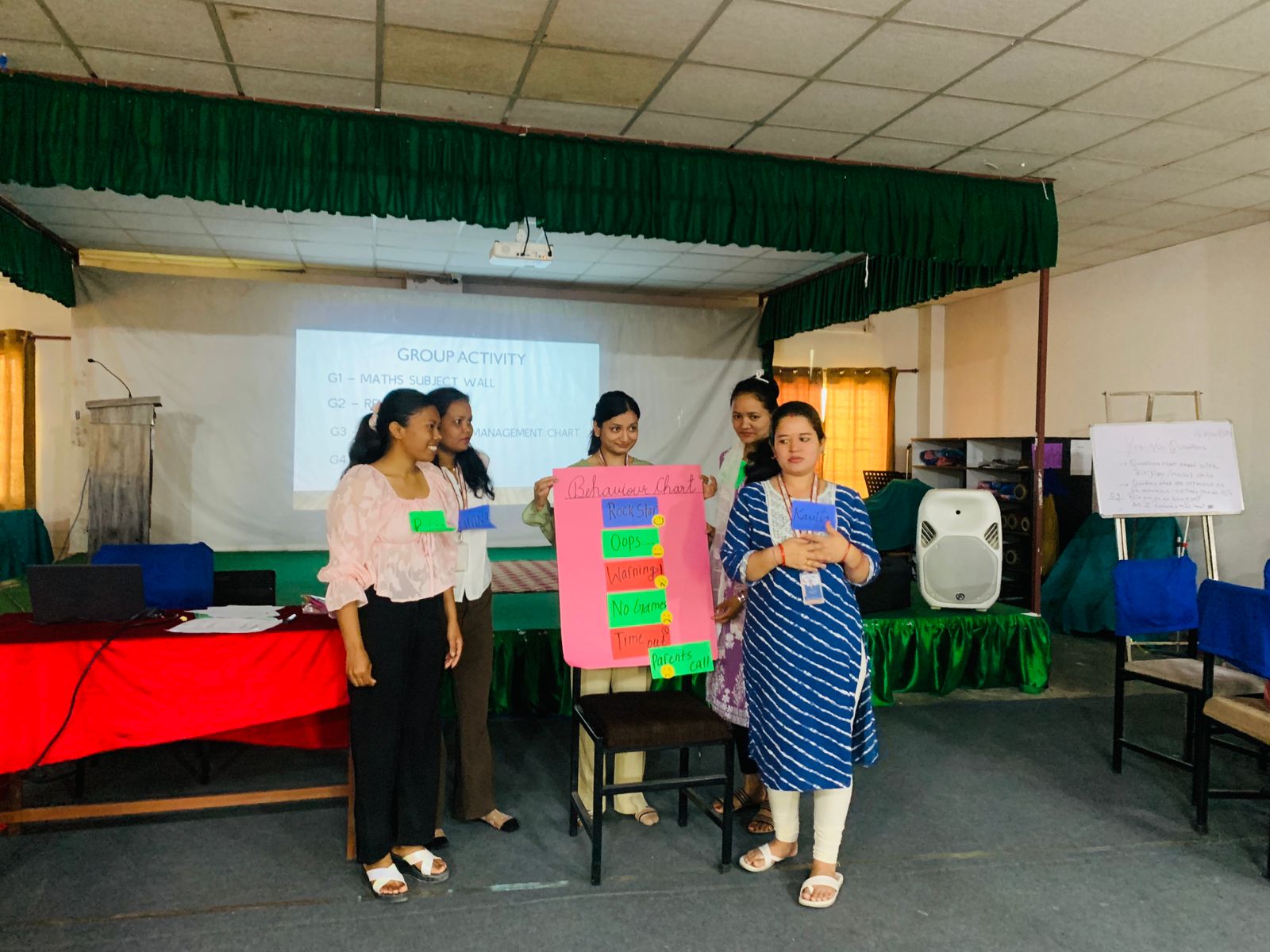
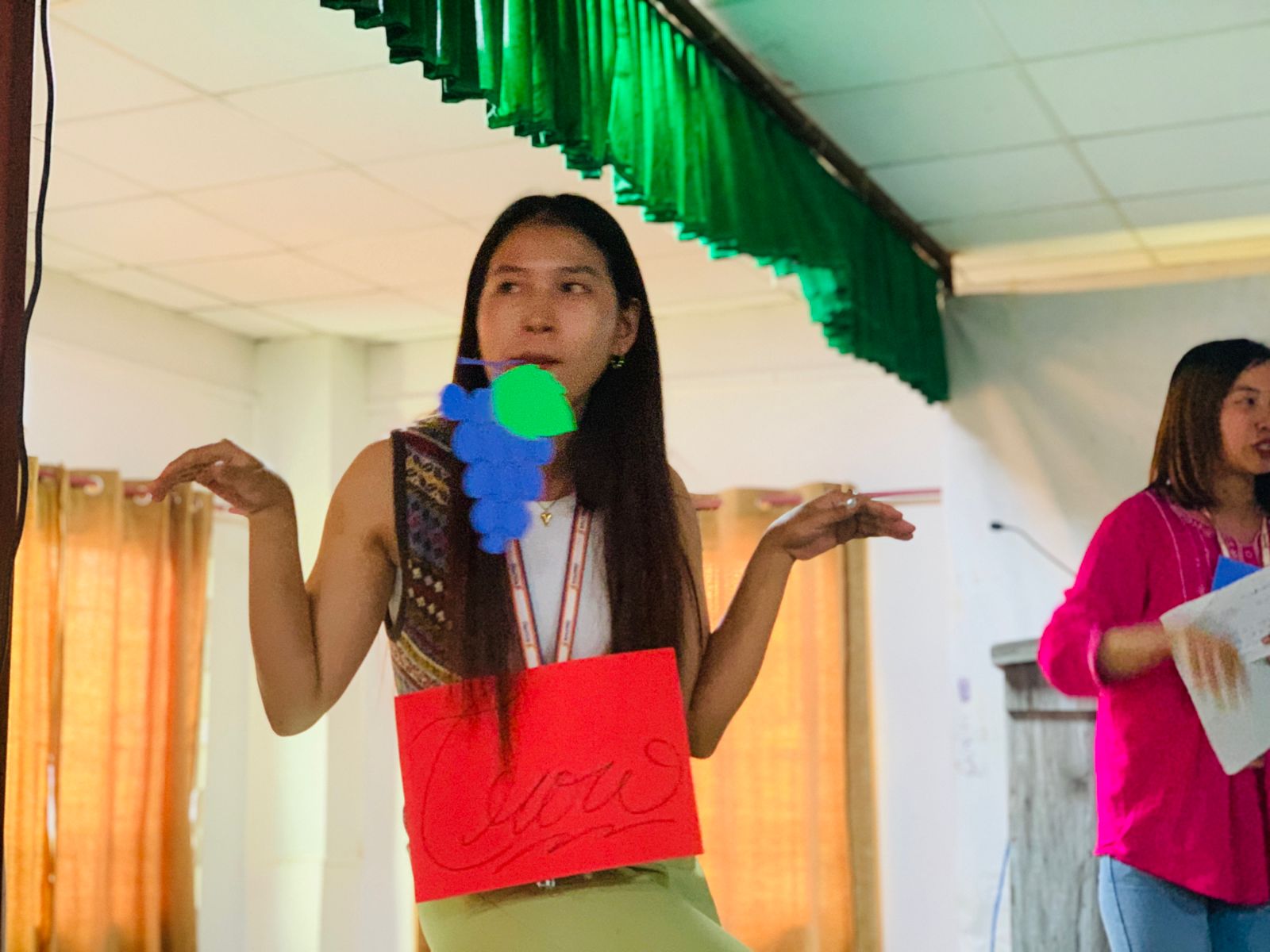
A two-day workshop aimed at empowering pre-prim...
Empowering Educators, Enriching Childhoods An ...
It’s not every day that you walk into a s...
My recent experience in Golanjor-4, Ranikhola, ...
As someone who believes in making the most of e...
“Know Your Child’s Brain&rdqu...
Smart Parenting Nepal recently hosted a highly ...
One-Day Training Recap: Know Your Child’s...
Bihani Kiran School has successfully completed ...
Darshan Child Care successfully completed a fiv...

